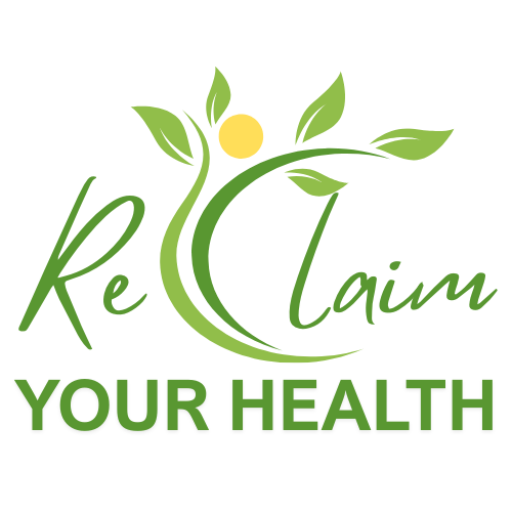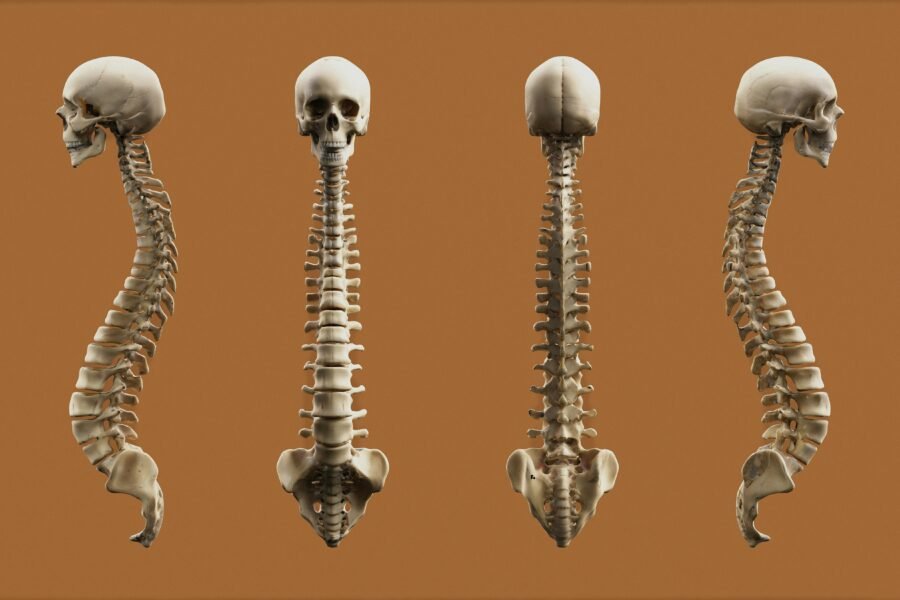Various techniques are available to naturopaths to support the emotional health of clients. These include relaxation techniques, breathing exercises, exercise programs, dietary changes, and communication alongside products like Bach flower essences. Each of these techniques can play a different role in a client’s program and they could be combined or used alone. In some cases, the emotional trauma or state of the client may require a referral to another practitioner who has further training or expertise in this area. When to refer does depend on the individual knowledge of the naturopath, as each naturopath has different expertise and specialisms. In this article, I will explore the potential uses and applications of the available techniques for supporting emotional health and well-being and further discuss situations when referrals may be more appropriate.
Are you interested in a holistic approach to health and nutrition? Read about my programs here.
One of the major causes of emotional distress is the constant activation of the sympathetic nervous system (the fight, flight or freeze response to a threat or stressor) that is commonly overactive in modern life. Too few people take the effort to calm themselves down after a hectic day of work, an argument, a rush hour commute or working hard to reach a deadline. After a while, the body becomes further and further locked into the sympathetic response, activating certain parts of the body in order to help us deal with danger and stress and leading to under-function of vital parts of the body like the digestive system. As explored in previous essays, long-term activation of the fight, flight or freeze response to stress leads to continual triggering of the adrenal cortex and the release of the stress hormone cortisol. Once this situation has been established for long enough, the function of the adrenal glands will decline due to exhaustion (they are not designed to operate continuously) and the output of cortisol will decrease. This will lead to the hypothalamus continuing to signal to the adrenal glands with ACTH, a call that will go unanswered due to the adrenals’ reduced function. The circulation of this hormone in the blood stream causes anxiety to develop which will then manifest through a range of emotional symptoms, depending on the personality of the client (Sharma, 2019).
Therefore, for those clients where the cause is or is related to ongoing stress, anything that can help to bring the client back into the parasympathetic state of rest and repair will have a positive impact not just on the nervous system and associated functions of the body but also the client’s emotional state, particularly if the client is taught to maintain the parasympathetic state for longer. There are many techniques available for relaxation that clients can be encouraged to integrate into their daily routine. The most appropriate in each case would depend upon that individual’s preferences and daily routine, as well as their particular state of emotional health.
A popular way to relax is through receiving massages. Various style of massage exist, some being more relaxing than others (Thai massage perhaps not being the best option!). Massage is recognised by the ancient tradition of Ayurveda as playing an important part of relaxation as tight and rigid muscles can hold within them various blocked emotional states like anger and grief (Sharma, 2019). Specific oils can be used, with Ayurveda holding sesame oil in high regard for support of the central nervous system. Sesame oil massage is used in Ayurveda for imbalances of the Vata dosha, linked to emotional instability and ungroundedness. Other oils may be more appropriate depending on the client. For example, if the client is very hot-headed and holds a lot of anger, a calming foot massage with cooling coconut oil could be more appropriate. Indian head massage is another relaxing treatment option that can help to calm an overactive mind. Aromatherapy can also be utilised both during massages and while at home to calm the mind and the nervous system.
The Bowen technique is an effective treatment for directly resetting the nervous system and pulling the client back into the parasympathetic state which allows for calmness of mind and healing of the body. As mentioned above, while working to release tension in different parts of the client’s body, emotional release can also be achieved, and the client is left in a deep state of peace and calm, helping them to perceive their emotional issues more clearly and giving them a new perspective on life.
Not every client will be able to afford additional treatments like massages so it is important to be able to recommend steps that can be taken cheaply and easily at home. Examples to support relaxation include relaxing visualisations, tapping, breathing exercises and meditation. Many visualisations are available free of charge on Youtube and can be utilised before bed or during times of stress to calm the mind. Tapping is a simple but powerful technique that can be learnt to a basic level by following with free videos online and is useful to calm oneself and release stress when in difficult situations or overwhelmed. Meditation and breathing is a huge topic with a massive range of techniques being taught around the world. Meditation has been shown in research to have the potential to increase the size of certain parts of the brain that deal with the regulation of stress and emotions (Lazar, 2005). While a type of meditation should be found that resonates with the client, most forms of simple mindfulness have the potential to achieve a positive effect for the client with respect to the reduction of stress and support of emotional health, in addition to promoting relaxation. Therefore, these techniques are also useful in cases where there is mild emotional trauma and distress present as they can help the mind to better manage these situations.
Addressing and supporting a good night’s sleep can itself provide countless benefits for the return of both emotional and physical health and well-being. Often, emotional stress can lead to poor sleep, which leads to all sorts of other issues. However, it is still worth trying to directly support sleep when this has been affected. The importance of sleep has been shown in numerous studies, such as one that showed that only two nights of a reduction in sleep to 4 hours resulted in a 40% decrease in glucose tolerance (Tern, 2004). Simple steps that could be suggested to improve sleep quality and length include preparing for bed better with no bright lights or screens 2 hours before bed, ensuring that the bed is kept for sleeping only, getting exercise and fresh air and light during day time, calming the mind before bed and possibly taking some supportive supplements or herbs
Of course, a powerful benefit for a range of situations can be gained by the simple use of regular exercise. Exercise is a fantastic tool for releasing anger, stress and tension and introduce some enjoyment and happiness into the client’s daily schedule. Furthermore, calming exercises like yoga, tai chi and qi gong are potential options for less physically able clients that have the added benefit of calming the nervous system. In fact, a study showed that after 8 weeks of yoga and meditation increased areas of the brain associated with the regulation of emotions compared to controls (Holzel, 2010, 2011).
The modification of the diet is itself a powerful tool in supporting emotional imbalances in clients. Several approaches could be considered including the support of blood sugar regulation, Vata supporting foods from Ayurveda, and the supplementation of certain nutrients that have been shown to support emotional and mental health, blood sugar regulation and adrenal fatigue, for example pyridoxal 5 phosphate (vitamin B6), Vitamin C, pantothenic acid, and various herbs or combinations of herbs (Sharma, 2019).
Finally, the Bach flower essences are a simple yet potent tool to support emotional imbalances with the sun-extracted essences of common flowers. They are gentle yet support specific emotional states which can lead to physical disease if not address early. Examples include holly for anger and white chestnut for patterns of excessive worrying (Sharma, 2019). Easily accessible and inexpensive, the flower essences range provides a useful tool for the naturopathic practitioner.
Are you interested in a holistic approach to health and nutrition? Read about my programs here.
While there are clearly a plethora of tools available for the naturopathic practitioner to support clients’ emotional well-being, there are times when more specialised help is needed. Examples might include where there is significant trauma, long-term states of high stress levels, and when support is needed to help the client to directly address the cause of their emotional stress, possibly due to serious previous experiences that have been repressed or otherwise. In any case where more direct support is needed to help the client to process their emotional trauma, the referral to a mental health professional would be of benefit.
References
Ann Tern Med.2004 Dec7;141(11):846-50 Sleep curtailment in healthy young men is associated with decreased leptin levels, elevated ghrelin levels and increased hunger and appetite
Holzel, B.K. et al. SCAN 2010;5:11-17 and Holzel, B.K. et al. Psychiatry Research: Neuroimaging 2011;191:36-43
Lazar ,S.W et al. NeuroReport 2005;16:1893-1897
Sharma, Mary, 2019, Naturopathy Course Notes, Module 1: Ayurveda, School of Health, Stroud, UK
Sharma, Mary, 2019, Naturopathy Course Notes, Module 7: Psychosocial Skills, School of Health, Stroud, UK




